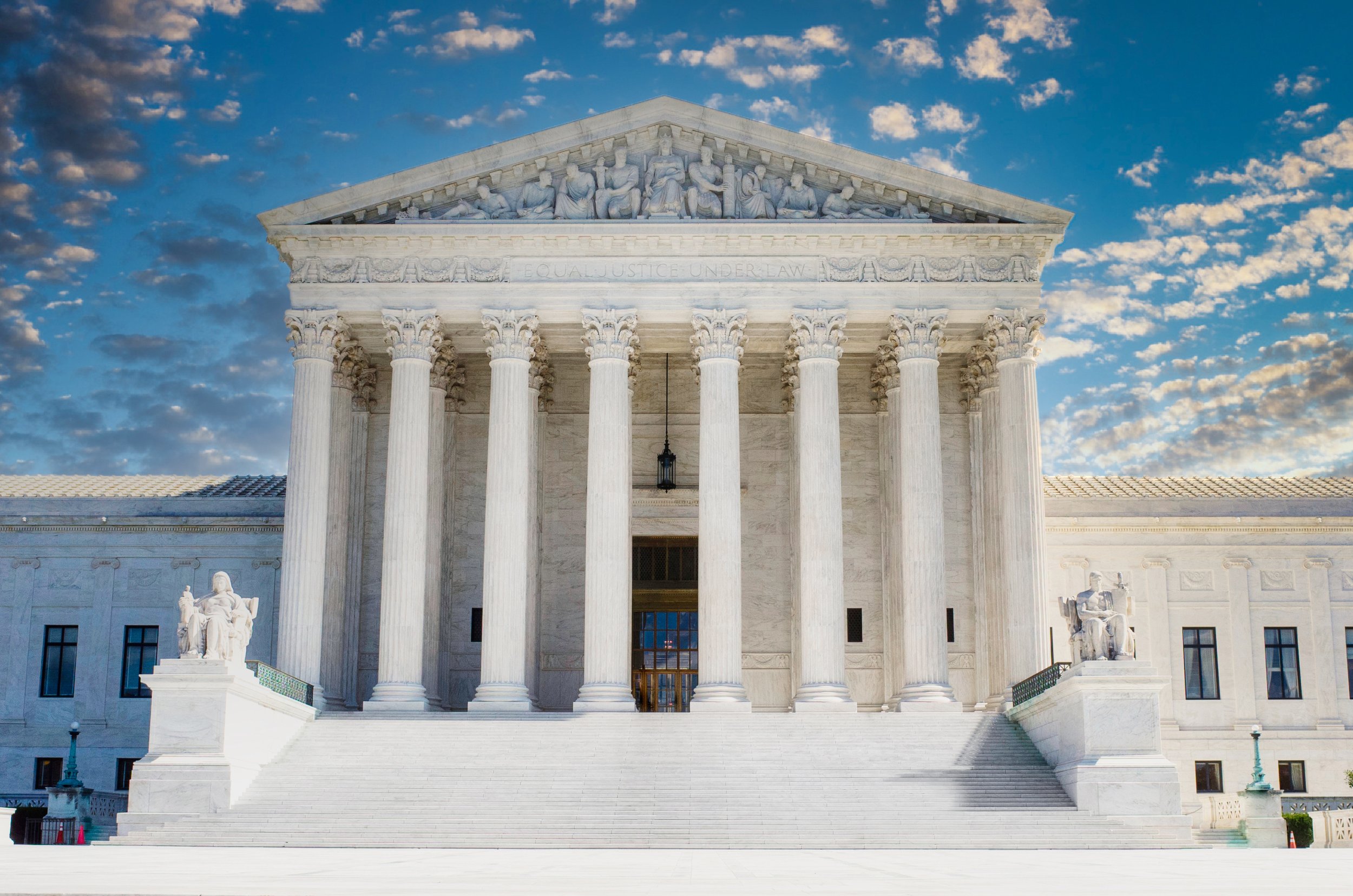Abortion bans — an attack on healthcare rights
Let’s get right into it: for those of you seeking to answer the age-old question: “Does abortion equal murder?” Well, this is not your blog.
Though it is an altogether lively and fascinating topic to debate, it is best left to ponder in the academic halls of morality, philosophy, and religion; in other words, far from the actual people such conclusions may affect. Not within the scope of this blog, certainly.
What we will answer is a far-more-relevant-to-nursing question— “What are the key facts that support access to safe and legal abortion as a pillar of reproductive health and freedom?” Because the good news is, when circular debates with all their nefarious rancor and virulent rhetoric swirl us about like Dorothy in the tornado, we have one true thing we can safely anchor to: science.
Roe v. Wade — the backstory
No matter your personal opinions about abortion, the fact remains that abortion access is an essential part of reproductive freedom. Legally, even.
For a long time now, the courts have agreed with this statement, based on a Supreme Court case from 50 years ago. Finding herself with an unwanted pregnancy she wished to terminate, it was then that “Jane Roe” (name changed for privacy) challenged Texas’ abortion ban in a case that eventually made its way to the Supreme Court of the United States (SCOTUS). The case of Roe v. Wade was decided in January of 1972, when it officially declared that the constitutional right to privacy was “broad enough to encompass a woman’s decision whether or not to terminate her pregnancy.”
However, a recent document leak indicates the Supreme Court is poised to overturn that landmark decision within the next few months. Instead of Roe being the law of the entire land, the SCOTUS intends to hand the decision-making over abortion’s messy boundaries back to state-control.
Why the fuss?
Well, if you’ve been paying any sort of attention to the news in the past few years, you know that messy tide is turning. Currently, there are 21 states ready to pounce on the reversal of Roe in order to either severely limit abortion access or ban it outright.
Abortion as seen through a nursing lens
As health professionals who also happen to be members of society at large, it can be tempting to yield to our personal beliefs when it comes to abortion. And yet, no matter where our beliefs stem from, as nurses, we are both bound and buoyed by the evidence-based care we swore to provide to our patients. Full stop.
The key phrase here, of course, is evidence-based. We must hold each other accountable in our steadfastness here. We cannot allow ourselves to practice on hunches, personal beliefs, or hidden agendas. (Our implicit biases are definitely a major hindrance when it comes to equitable healthcare delivery, but that’s a post for another time.)
What we can do is follow the science.
So, to begin, in a nursing context, let’s review what we know about abortion and what happens when access to safe and/or legal abortion is removed.
Abortion 101
In its simplest terms, abortion is a medical procedure that terminates a pregnancy.
Globally, 25% of pregnancies are aborted yearly.
In counties where abortion is outlawed, approximately 37 out of 1,000 women have abortions.
In countries where abortion is legal, approximately 34 out of 1,000 women have abortions.
In countries with abortion bans, 25 million women seek out unsafe abortions per year.
Unsafe abortions are the third leading cause of death for women globally (and almost every maternal death from abortion is preventable).
Recognizing that access to safe abortions is a public health issue, 50+ countries have eased their abortion bans in the past 25 years.
Child-bearing people of color will be most negatively affected by abortion limits, as they have the poorest outcomes in almost every aspect of reproductive health already.
The bottom line is this — as nurses, we must advocate for what is best for our patients. The one’s whose bodies are on the line, should access to abortion be severely restricted or banned. The smattering of facts and stats above is only the tip of the abortion-ban-ramification iceberg.
Follow the science
Who doesn’t love a good crystal ball reading, a tidy prediction of things to come? Unfortunately, we needn’t surmise about the future of reproductive health and freedom to assess the potential damage these impending abortion bans will inflict. We must only look at what already is.
Trust in healthcare has already been waning in recent decades. This, exacerbated by the politicizing of every aspect of a global pandemic, has eroded the public’s tolerance for building rapport with healthcare providers—even nurses, long heralded as the United States’ most trusted profession. The result of this relationship breakdown will be a slippery slope towards a chilling effect between care providers and their patients. For example, a woman experiencing complications with an illegal pregnancy termination may further delay follow-up care for fear of being criminally prosecuted. The same can be said for a provider, in their reluctance to be associated with this kind of care.
Punitive repercussions tied to any aspect of health care delivery is a recipe for suffering. As nurses, we owe it to our patients to stay informed, raise awareness, and most importantly — VOTE.
Public opinion with regards to abortion access has been overwhelmingly positive for more than two decades. This has not magically changed recently. You must then ask yourself why the push now for abortion bans? Science does not support its use as life-preserving, on any level. Which begs the question—when freedoms are stripped away, who benefits?
The answer to this question may lead you—once again—back to the Halls of Great Debates. Luckily, we don’t need to question ourselves when we follow the science.



